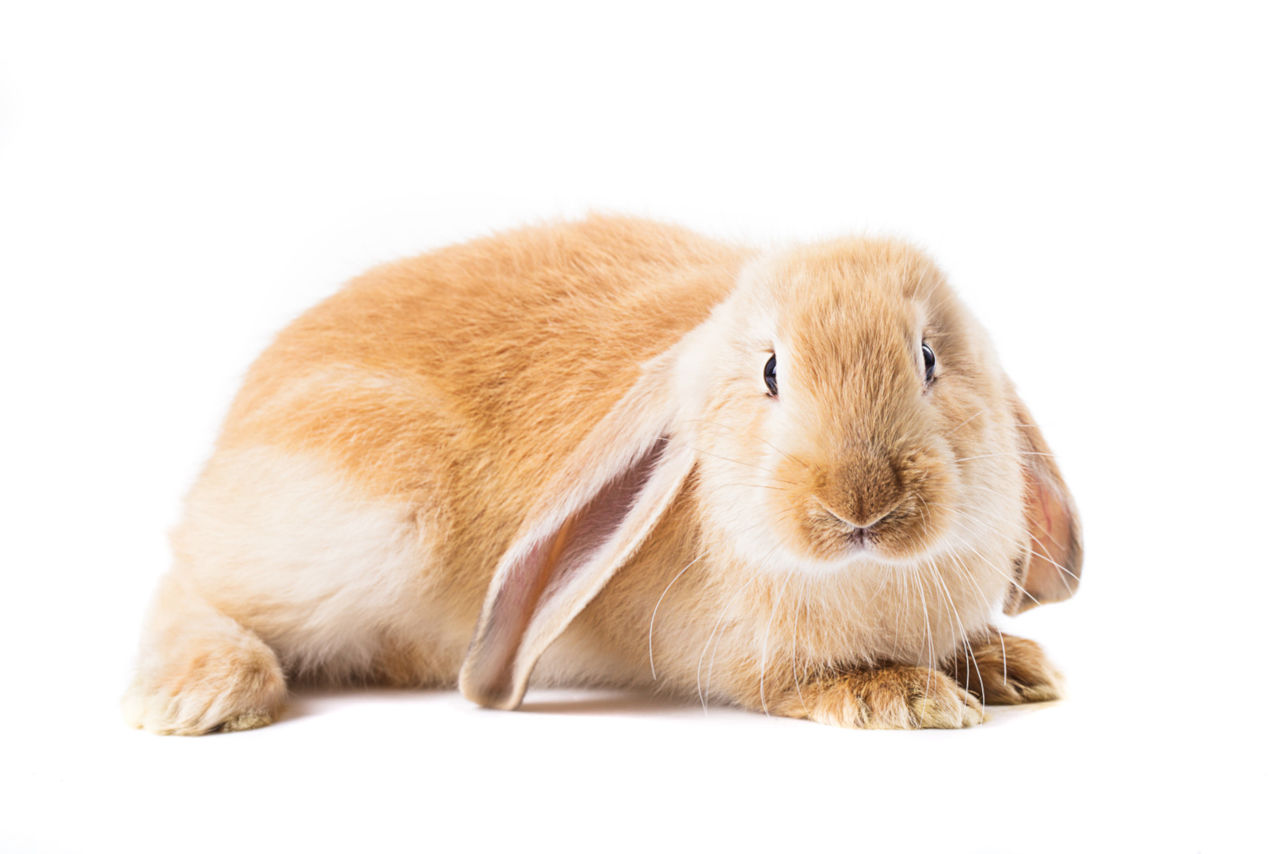As a rabbit owner, you always look for unusual treats to offer your rabbits. You may also come across exotic fruits such as kiwis. But not everything that sounds healthy is healthy for rabbits. So, are rabbits allowed to eat kiwis?
Rabbits can occasionally eat a small amount of kiwi fruit. However, it would be best if you only fed them kiwis rarely. Although kiwifruit contains a lot of fiber and some essential nutrients, it is also very sugary and sweet. Therefore, like other fruits, it should only be offered to rabbits in small quantities and quite rarely.
Kiwis are high in fiber and nutrients, and many rabbits love them.
They are actually relatively healthy and contain many vitamins. However, they are high in sugar and carbohydrates, which can upset your rabbit’s digestive system.
Are Kiwis Good for Rabbits?
Kiwis contain quite a bit of fiber, which rabbits need. This helps balance the amount of sugar they have, making them quite a healthy snack treat.
Kiwifruit also contains antioxidants, and it is thought that these may help to lower blood pressure in humans.
Whether this also applies to rabbits has not yet been studied, but the antioxidants probably help them similarly.
One of the most significant benefits of kiwis is the vitamin C they contain. However, as rabbits produce this vitamin themselves, they may not benefit much from it.
So overall, kiwis are healthy but don’t offer many benefits that you can’t get from other foods.
Are Kiwis Dangerous for Rabbits?
Kiwifruit can be dangerous if fed to rabbits in large quantities. A kiwi contains quite a lot of sugar and can, therefore, adversely affect a rabbit’s digestive system.
Rabbits do not tolerate highly sugary foods well because they have not developed the ability to process them properly.
In some cases, overeating kiwi can lead to abdominal pain and diarrhea, which can be dangerous for your rabbits.
It is also possible for kiwi to contribute to a problem known as gastrointestinal stasis.
This is when the digestive tract stops processing food properly because it is not getting enough fiber to keep it moving.
This can lead to bloating, pain, and, in severe cases, death. You must, therefore, ensure that you do not give your rabbit too much kiwi.
How Much Kiwi Can a Rabbit Eat?
In total, rabbits should eat a few pieces of kiwi once or twice a week at most. However, it also depends on how much other fruit your rabbits get.
Most fruits contain high amounts of sugar, and if you feed your rabbit many other fruits, even a small amount of kiwi could be a problem. It’s best to count the fruit as a whole, not just the individual fruits.
Although rabbits should have about ten percent of their daily diet in fruit and vegetable treats, it’s best not to give them fruit every day, even in small amounts.
By keeping the quantities small, the rabbit’s digestive system has time to cope with the sugar and water content of the fruit. This reduces the risk of the rabbit becoming ill.
What Should You Look Out for When Giving Your Rabbits Kiwifruit?
If you want to give your rabbits kiwi fruit, you should only give them a very small amount at first.
A small piece of kiwi should be enough to find out whether your rabbits like kiwi or not and whether it suits their organism.
Give your rabbits their first taste of kiwi without introducing other new foods simultaneously. Then, observe how it reacts for a day or more.
If your rabbits like the fruit and there are no complications over the next few days, you can add kiwi to their diet.
However, if a rabbit suffers from diarrhea or seems lethargic and uninterested in its food, stop giving it kiwi.
If a rabbit stops defecating, you should immediately take it to a vet. However, it is unlikely that a small amount of kiwi will cause such a severe problem.
If your rabbits cannot tolerate kiwis, you should stop offering them. Rabbits can eat many other suitable fruits, such as raspberries, blueberries, bananas, and apples.
But even with these other fruits, they should only be given occasionally and only in small quantities.
Can Rabbits Eat Kiwi Peel?
Yes, rabbits can eat kiwi peel, which is even better for rabbits than the flesh.
Kiwi peels contain more fiber and less sugar. So don’t be afraid to offer your rabbits the kiwi skin, too.
However, it would be best not to give your rabbits large quantities of kiwi peel. This is because kiwi peel can also upset their digestive system.
Most of your rabbit’s diet should consist of hay, which is rich in fiber. If you feed too many kiwi peels, your rabbits may not eat enough hay.
Also, make sure that you wash the kiwi peels before giving them to the rabbits. This is the best way to ensure that they are safe.
If possible, you should buy organically grown kiwis so that you can be sure that there are no traces of pesticides on the kiwi peel.
Are Rabbits Allowed to Eat Kiwi Seeds?
Rabbits are also allowed to eat the kiwi seeds. So you don’t have to scrape the kiwi seeds out of the fruit before giving them to your rabbits.
These tiny seeds won’t harm your rabbits at all, so don’t worry about them. You don’t have to try and laboriously remove them before serving kiwis to your rabbits.
Can rabbits eat dried kiwifruit?
Overall, it’s better not to give your rabbits dried fruit, including kiwifruit. Dried fruits usually contain more sugar because they contain less water, which is not suitable for your rabbits.
Although some people feed dried fruit to their rabbits without any problems, it is best to avoid this and only offer fresh kiwi pieces.
If you still want to give your rabbits dried kiwi, you should reduce the amount. You should ensure they do not get more sugar than their digestive system can tolerate.
It is also advisable to provide plenty of fresh water in this case.
Conclusion: Can Rabbits Eat Kiwis?
Kiwifruit is a great way to spoil your rabbits and provide them with a varied diet.
As long as you feed them and other fruits in moderation, they are healthy.
However, if you have just given your rabbits other fruit, you should only add kiwi to their diet once their digestive system has had some time to recover.


